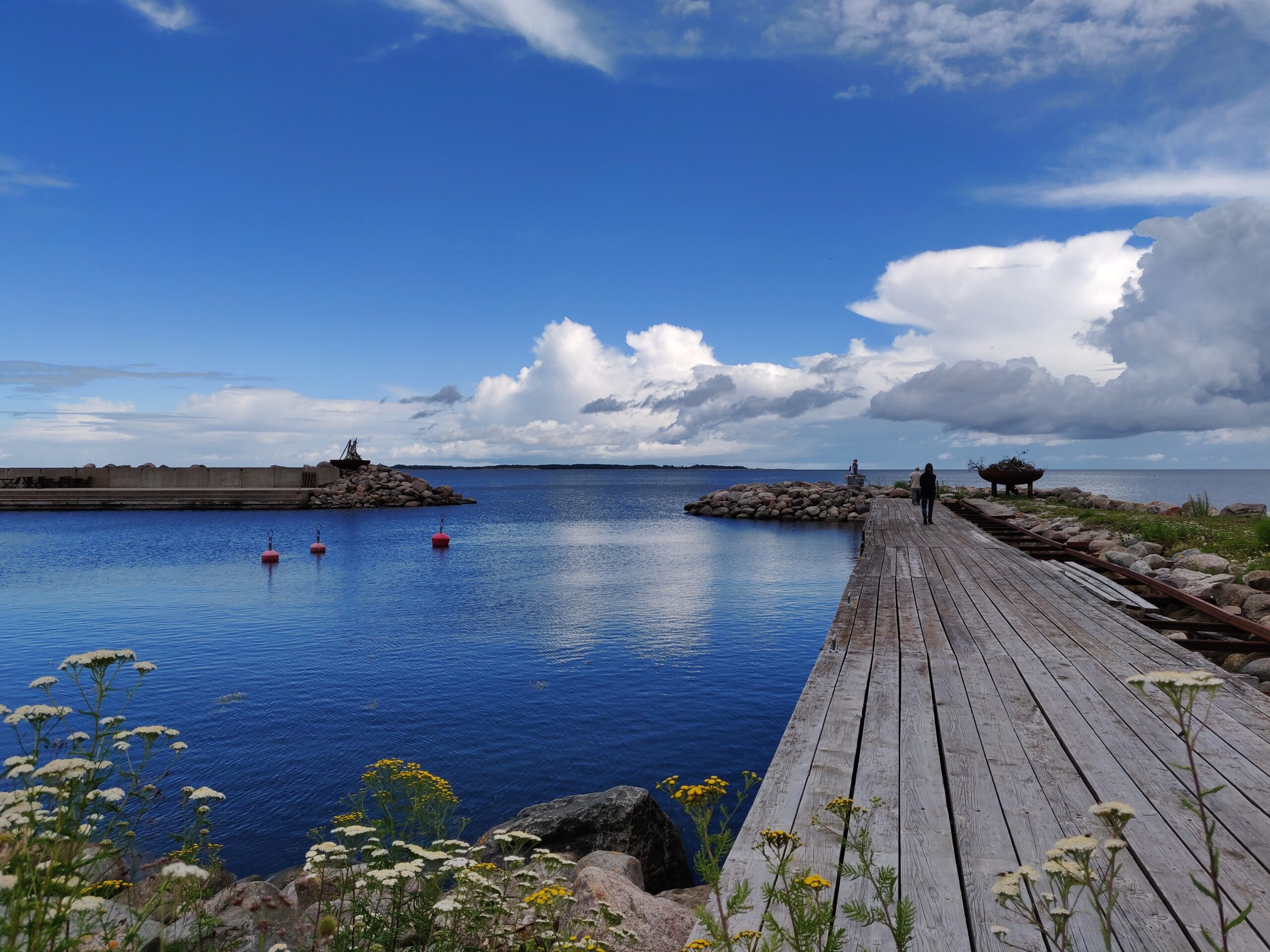NB! Deadline for abstracts extended until May 4th, 2021.
The 1990s in the post-Soviet countries were characterised by a particular sense of density and polyarchy. This was emphasised by the emergence and adoption of new ways of thinking, the concentration of time and the intensification of cultural activity, the testing of limits and radical possibilities, and the enmeshing of political and cultural practices. Although at first sight similar, these processes unfolded with significant local differences. The events setting off or determining the course of these processes did not occur entirely simultaneously and had different outlets; they were brought about by various historical developments, and cultural conditions and interests. Several processes started in the second half of the 1980s or even earlier. Among the cultural spheres – theatre, visual arts, literature, music and the humanities – these processes intensified and established social connections differently. On closer inspection, the imaginary unity of time and space in the 1990s was fractured by singularities and differences. A set of politically significant turning points, institutional configurations and art events, artworks and texts that resonated outside the cultural sphere all played a role. The intensity of such events is precisely what erodes a coherent view of the 1990s.
The planned seminar invites participants to reflect on:
– what linked and what distinguished the cultural politics in the 1990s in the Baltic countries; – what methods could be used to examine the post-Soviet culture of the 1990s;
– what the transgressive tendencies were that undercut the fabric of the imaginary unity between different cultural spheres.
As one of the starting points, we propose the concept of the democratisation of the aesthetic field. The democracy of the aesthetic field conditions what is possible (visible, expressible and doable) within a new cultural situation and shapes who determines the meanings in cultural communication. This allows us to consider various aesthetic discrepancies – discordances, interferences and conflicts between different elements – as parts of the broader politics of aesthetics within the same dynamic cultural situation. The process of democratisation also involved a new organisation of the relations between the private and public spheres. Concurrently, the seminar focuses on individual events and works which resonated beyond the cultural sphere, exposing tensions and rifts in society, and prompting public discussions or even animosity towards culture. The capacity of such cultural acts and events to transfigure social reality may have been unintentional but could have also been motivated by a certain utopian intention, inevitably raising the question of the democratic position of culture in contemporary society.
The seminar “Cultural heterologies and democracy” will take place in Viinistu, in northern Estonia, on 17–19 August 2021. The presentations will last 20 minutes. Please notify us of your desire to participate and submit your abstract by May 4th at the latest by contacting mari.laaniste@artun.ee or virve.sarapik@artun.ee.
Abstracts should be no longer than 300 words in length. Participation is free and the organisers will provide accommodation and meals in Viinistu (at the Viinistu hotel and conference centre, https://viinistu.ee/?lang=en). Participation will be confirmed in early May 2021.
The seminar is being organised by the Research Group of Contemporary Estonian Culture, which unites scholars from the Estonian Academy of Arts, Tallinn University and the University of Tartu. The research is funded by the project PRG636 “Patterns of Development in Estonian Culture of the Transition Period (1986–1998).”
